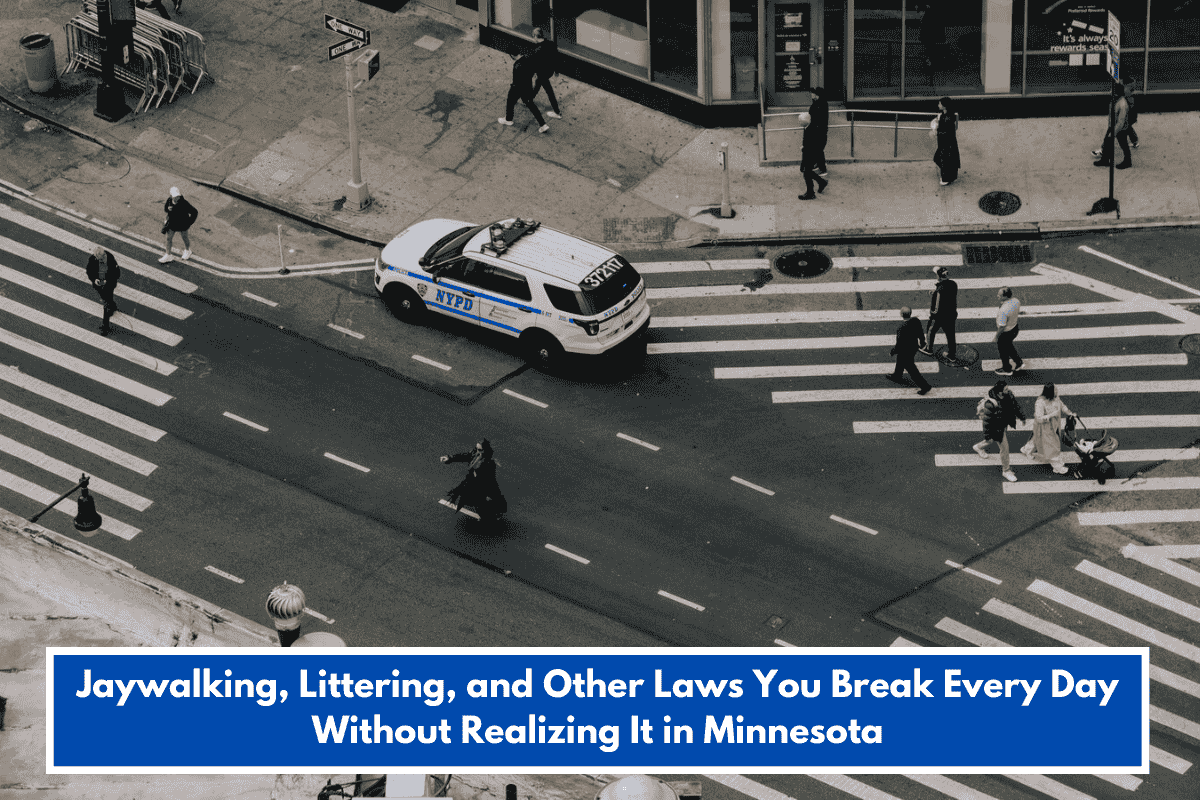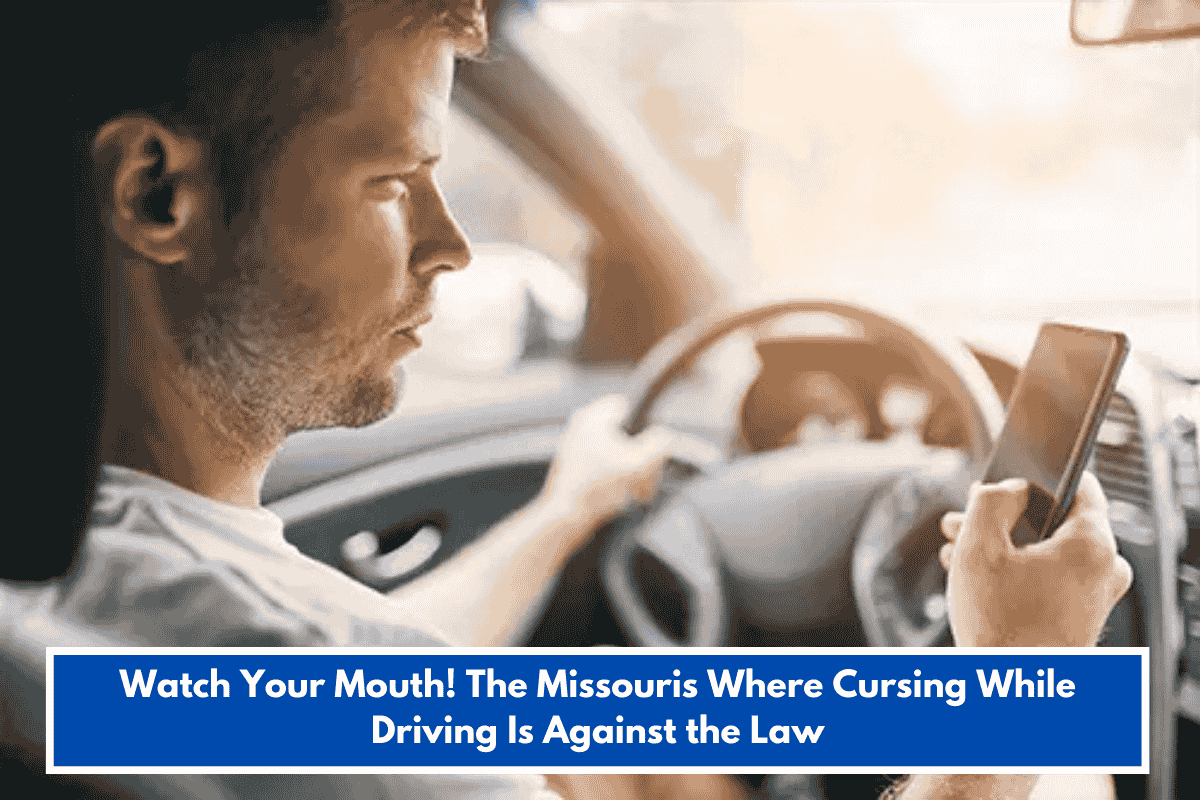Every day, law enforcement officers across the United States conduct tens of thousands of traffic stops. While many go smoothly, some escalate due to misunderstandings or violations of constitutional rights. In South Carolina, it’s essential to know what your legal rights are during a traffic stop and how to handle the situation calmly and smartly.
Whether you’re a South Carolina resident or just passing through, this guide explains what to expect, what to do, and how to protect your rights when pulled over by the police.
Your Legal Rights During a South Carolina Traffic Stop
Even during a routine stop, the Constitution protects you. Here’s what you’re legally entitled to:
- The right to remain silent – You are not obligated to answer questions about your destination, activities, or past behavior.
- The right to refuse a vehicle search – Unless the officer has a valid reason or warrant, you can legally decline a search.
- Freedom from excessive force – Officers may not use unnecessary or violent force during the stop.
- The right to refuse phone access – You do not have to give police your phone or its passcode without a warrant.
- Miranda rights upon arrest – If you’re taken into custody, the officer must inform you of your right to remain silent and right to an attorney.
- A reasonable stop duration – Stops must not last longer than necessary to address the reason you were pulled over.
How to Handle a Traffic Stop Properly
When you’re being pulled over, follow these steps:
- Pull over safely – Signal and move to the side of the road calmly and promptly.
- Stay in your car – Unless the officer tells you otherwise, remain seated inside the vehicle.
- Keep hands visible – Place them on the steering wheel. Let the officer know before reaching for documents.
- Present required documents – Provide your license, registration, and insurance when asked.
- Disclose if you have a firearm – If you’re carrying with a permit, notify the officer immediately and calmly.
Can You Stay Silent?
Yes. You have the right to remain silent. You do not need to answer questions like “Where are you coming from?” or “Have you been drinking?” You can respond with a polite statement like, “I prefer not to answer any questions.”
Can the Police Search Your Car?
Only under specific conditions:
- You can say no if asked. Simply respond with, “No, I do not consent to a search.”
- Exceptions include probable cause, like the smell of drugs, or visible illegal items.
- Police can also search during vehicle impoundment or if there’s an emergency situation.
If a search is conducted against your will, make your refusal clear, but do not resist physically. Say, “I do not consent, but I will not resist.”
What About Your Phone?
Your phone is protected under the Fourth Amendment. Police must have a warrant to search its contents, unless there’s a valid emergency.
Never unlock or hand over your phone voluntarily unless they present a warrant.
Can Police Make You Leave the Vehicle?
Yes. Under Pennsylvania v. Mimms, officers can legally ask you to exit the vehicle during a stop. This rule is meant to prioritize officer safety and applies even if you did nothing wrong.
What Happens with a Breathalyzer Test?
In South Carolina:
- Refusing a breath test under the implied consent law results in automatic license suspension.
- You can still face legal trouble even if not criminally charged.
- The official test in South Carolina is the DataMaster, administered at a station or testing location—not on the roadside.
- You should take the test and consult a lawyer immediately.
Stay Calm and Know the Difference Between Cooperation and Consent
Being calm and polite does not mean giving up your rights. Officers may interpret nervousness or hesitation as signs of wrongdoing, so it’s important to stay cool, clearly state your rights, and avoid any aggressive behavior.
Think Your Rights Were Violated?
If you believe law enforcement violated your rights during a traffic stop, speak to a legal professional. At Shealey Law Firm in Columbia, South Carolina, we focus on defending clients in criminal matters and protecting their civil liberties. We’re here to help you take legal action or defend yourself against wrongful charges.














